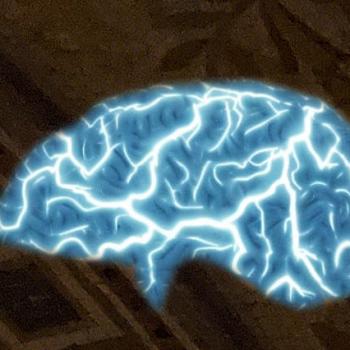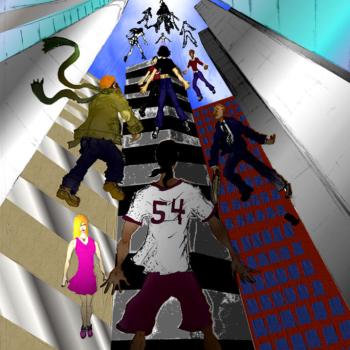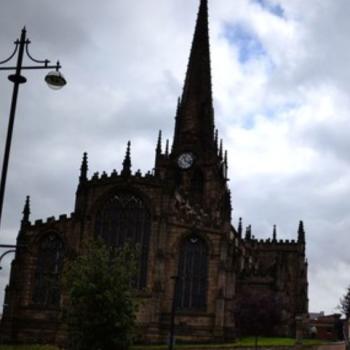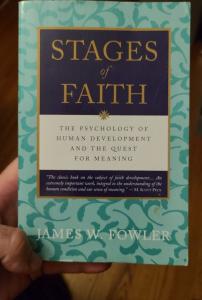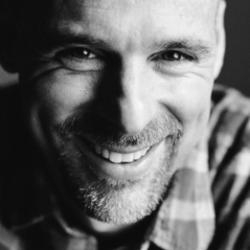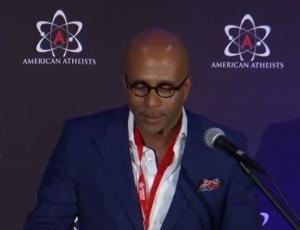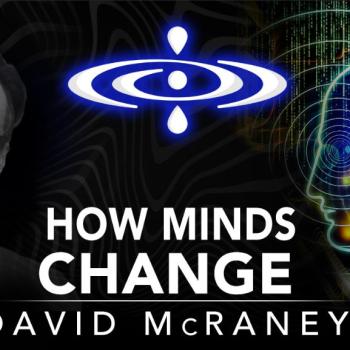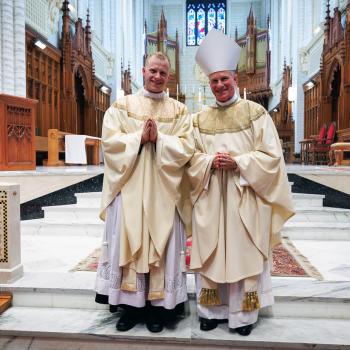Since the challenging and changing of beliefs is integral to the study of conversion and deconversion, it seems relevant to examine the neurological research on this topic. An Experiment Commences The year was 2016, and one of the most contentious presidential elections in recent memory was underway. It was likely due to the political climate of the time that researchers at the University of Southern California decided to conduct a study on how the brain responds when challenged by views... Read more


